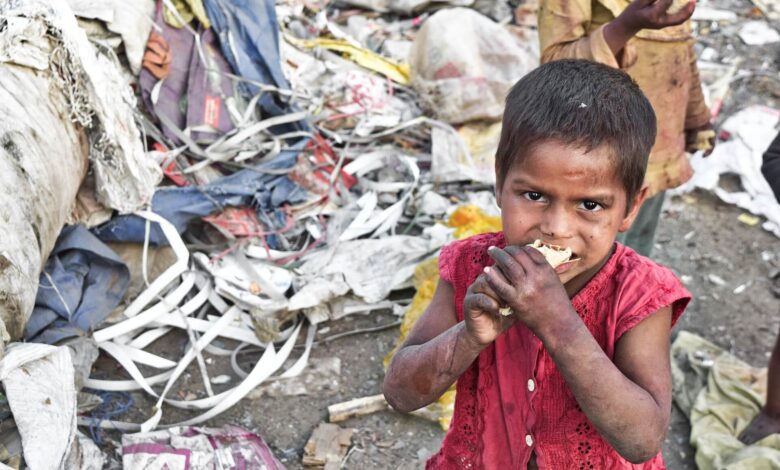Uncovering the Political Factors of Hunger Poverty

Introduction
Hunger poverty remains a pervasive issue in societies across the globe, affecting millions of individuals and communities. While there are various factors contributing to this problem, political factors play a significant role in exacerbating hunger and poverty. This article aims to delve into the political dimensions of hunger poverty, shedding light on the underlying causes and exploring potential solutions.
Definition of Hunger Poverty
Before delving into the political factors, it is essential to define hunger poverty. Hunger poverty refers to a state in which individuals or communities lack sufficient access to nutritious food, leading to malnutrition, stunted growth, and various health problems. It is a multidimensional issue that encompasses not only the absence of food but also the lack of resources and opportunities to escape poverty.
Causes of Hunger Poverty
- Political instability and corruptionPolitical instability and corruption have a direct impact on hunger poverty. In nations where political systems are unstable or marked by corruption, resources intended for poverty alleviation and food security often end up in the hands of a few, perpetuating inequality and deepening poverty. Furthermore, political instability disrupts the functioning of essential services and infrastructure, hindering the distribution of food and exacerbating hunger.
- Unfavorable policies and governancePoorly designed policies and inadequate governance can perpetuate hunger poverty. In some cases, policies may prioritize economic growth without considering the needs of the most vulnerable populations. This results in unequal access to resources, limited social safety nets, and insufficient investments in agriculture and rural development. Effective governance is crucial for ensuring that policies are designed to address the root causes of hunger poverty and promote inclusive development.
- Conflicts and warConflicts and war have devastating consequences for food security and poverty reduction. In regions affected by conflict, food production is disrupted, livelihoods are destroyed, and populations are displaced, leading to increased vulnerability to hunger and poverty. Additionally, conflicts divert resources away from development programs, further exacerbating the problem.
- Lack of political willThe absence of political will to tackle hunger poverty can hinder progress. Without a strong commitment from governments and policymakers to prioritize poverty alleviation and food security, efforts to address these issues may remain superficial. Adequate funding, policy coherence, and a long-term vision are essential to combat hunger poverty effectively.
Solutions and Interventions
Addressing the political factors contributing to hunger poverty requires comprehensive solutions and targeted interventions. Some strategies that can be implemented include:
- Promoting good governance and transparencyStrengthening governance systems and promoting transparency can help combat corruption and ensure the effective utilization of resources for poverty reduction and food security. This involves creating mechanisms for accountability, enhancing transparency in budget allocations, and combating corrupt practices.
- Investing in agriculture and rural developmentPrioritizing investments in agriculture and rural development can enhance food production, improve livelihoods, and increase access to markets for smallholder farmers. This includes providing access to credit, training, and technology, as well as promoting sustainable farming practices and empowering rural communities.
- Conflict resolution and peacebuildingResolving conflicts and promoting peace are crucial for addressing hunger poverty in conflict-affected regions. International cooperation and mediation efforts can help bring stability and create an enabling environment for sustainable development, allowing for the restoration of food systems and the rebuilding of livelihoods.
- Strengthening social safety netsDeveloping and strengthening social safety nets can provide a crucial safety net for vulnerable populations. This includes implementing programs such as cash transfers, school feeding programs, and targeted assistance for the most marginalized groups, ensuring access to nutritious food and supporting families in their efforts to escape poverty.




